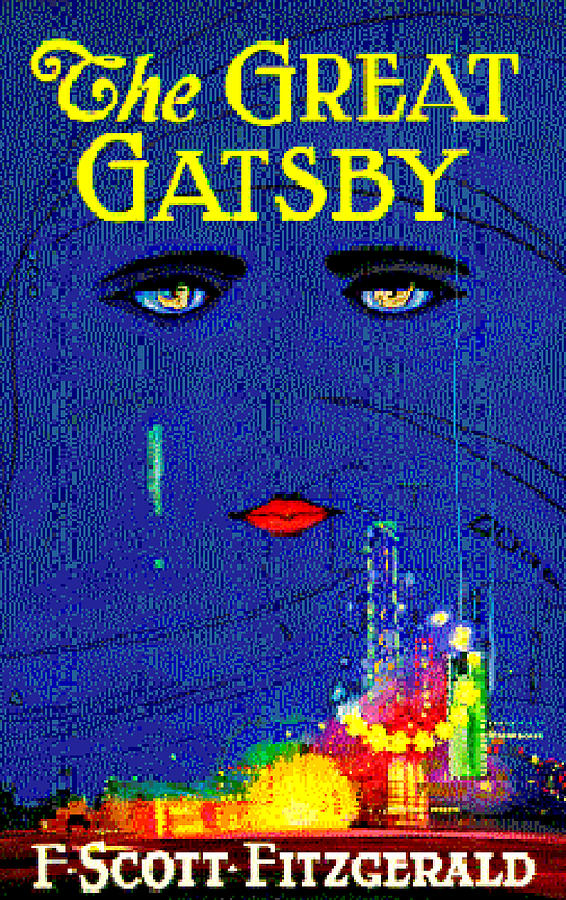"I've been drunk for about a week now, and I thought it might sober me up to sit in a library." Such utterances epitomise the louche characters which populate F. Scott Fitzgerald’s novel, The Great Gatsby. Whether these lines will make the final cut of the upcoming Baz Luhrmann film adaptation remains to be seen when it roars into UK cinemas on Christmas Day 2012.
With its renowned director and a cast including Leonardo DiCaprio, Carey Mulligan and Tobey Maguire, it is likely to be a considerable hit. But as the fifth film adaptation since the novel’s publication in 1925 (the very first, in 1926, was a silent film – the most recent was a made-for-TV film in 2000), just what is the enduring appeal of the novel which drives us to revisit it again and again?
Now considered a classic roaring 20s novel, The Great Gatsby documents a time of rapid and extraordinary growth in prosperity, centred on New York City and its burgeoning Wall Street stock market. Narrated through the voice of the charming yet untrustworthy Nick Carraway, we encounter the old-money privilege of Tom and Daisy Buchanan, and the nouveau riche lifestyle of Mr Gatsby – the origin of whose fortune remains a mystery until the novel’s end.
With an ongoing financial crisis which has its roots in the failure of banking systems and financial markets, the need to revisit Fitzgerald’s novel is unsurprising. In uncovering the sham behind Gatsby’s new wealth and self-creation, Fitzgerald speaks to our current predicament of economies based on the fictions of futures markets, and of wealth which amounts simply to rows of zeros on a computer.While much of this novel’s appeal lies in the glamour of moonshine liquor, jazz and dancing girls, it seems likely that readers and audiences will want to revisit this story for as long as it resonates with their present struggles.
